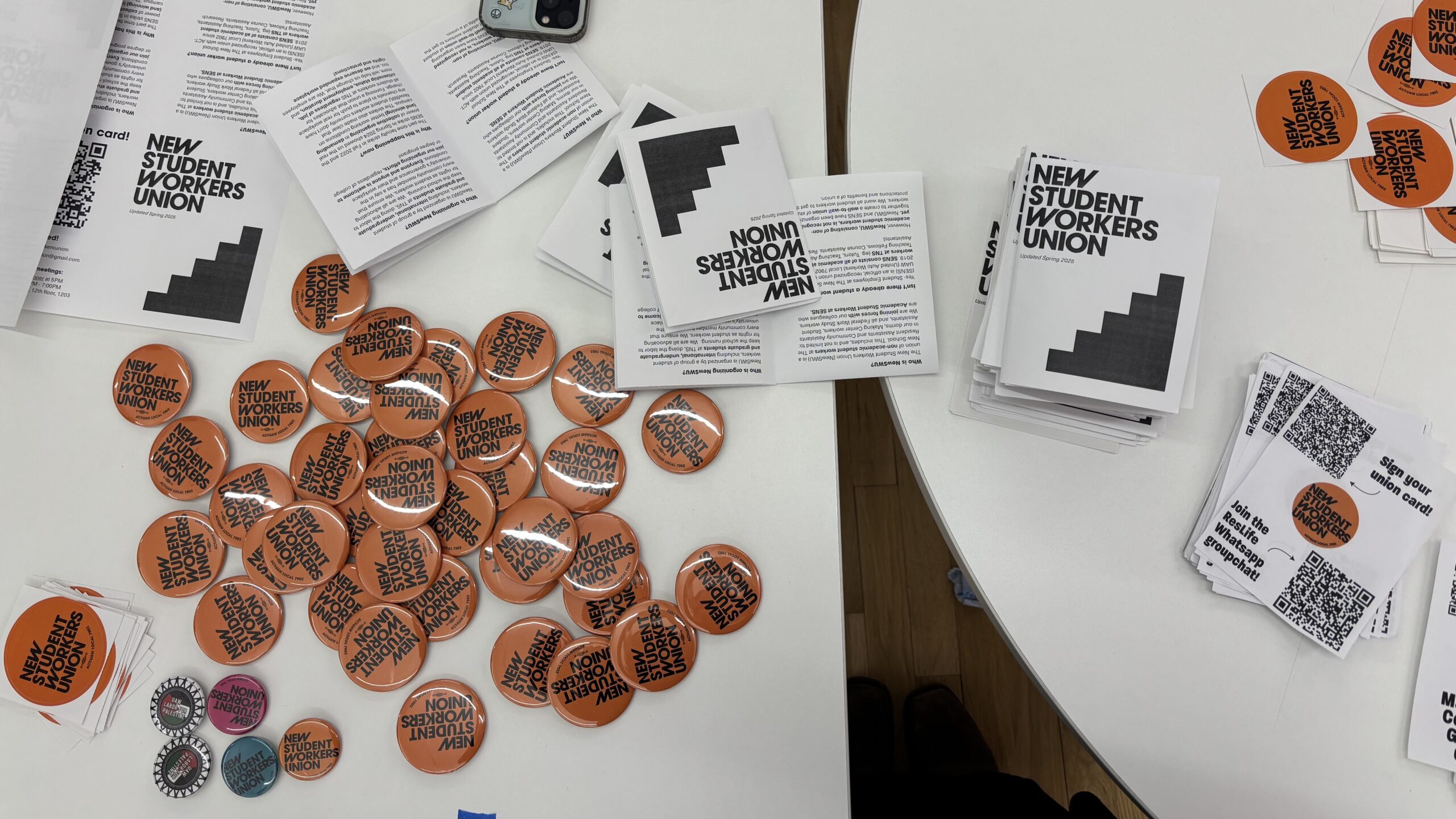On a turntable in a smoky dorm, in a dance club at 2 a.m. and on the radio in your car, mixed into your favorite song, George Clinton, who recently celebrated his 80th birthday, continues to speak to folks from vastly different walks of life and remains as relevant today as he was in 1971. If one thing is certain, and not much seems to be, it is that the funk is universal.
As legend has it, Clinton’s reign as the proverbial “Godfather of Funk” begins in a barber shop on a street corner in Plainfield, NJ, sometime in the 1960’s, where he formed doo-wop group, The Parliaments. It would be a couple of years, though, until the vocal group would re-emerge with guitarist Eddie Hazel, bassist Billy Nelson, keyboard player Bernie Worrell, drummer Tiki Fullwood, and rhythm guitarist Tawl Ross as Funkadelic, and the entity that is P-Funk began to break new ground.
Their unique blend of Hendrix-inspired psych rock and James Brown-esque funk and soul would go on to influence and inform generations of musicians and songwriters to come, blurring the lines that separated genres. The group would reinvent themselves time and time again, as Funkadelic and as funk-pop hitmakers, Parliament, featuring a revolving door of top-notch musicians and collaborators who included the likes of Bootsy Collins, Michael Hampton and Garry Shider. After 50+ years, the empire that George Clinton heads, shows no signs of slowing down.
The collective released their latest effort as Funkadelic in 2014, and George Clinton would announce his retirement from the stage four years later. At 80, Clinton marked his return to performing live over the summer with a series of comeback shows, including a performance in Central Park for the Blue Note Jazz Festival, and as part of New York City’s Homecoming Concert series, which celebrated the re-opening of NYC amid the COVID-19 pandemic. I attended some of these shows, and obtained a dog puppet used on stage during Clinton’s 1983 hit, “Atomic Dog,” it was a great time!
As I prepared to sit down and write this piece, I went to the top of my towering wall of records, you know, where the special ones go, and carefully pulled out my 1971 copy of Funkadelic’s seminal masterpiece, “Maggot Brain,” which celebrated its 50th anniversary this summer. The cover is almost as iconic as the music, an image of the screaming woman is burned into my mind like the roast in the oven that my partner forgot about last Tuesday. I dropped the needle on the record for perhaps the 100th time, but the words hit me like a ton of bricks, like I’m hearing it for the first time, every time.
“Mother earth is pregnant for the third time
for ya’ll have knocked her up
I have tasted the maggots in the mind of the universe
I was not offended
for I knew I had to rise above it all
or drown in my own shit…”
Perhaps it’s the profound mysticism, the visceral imagery, or his somehow straight-forward yet indefinitely-personable delivery that allows Clinton’s words to remain pertinent to so many. It certainly feels like “mother earth” is pregnant for the 3rd, 4th, or 52nd time. We all have some proverbial “shit” to rise above.
And with that, Clinton sets the tone for perhaps the most legendary guitar solo of all time, performed by Eddie Hazel. “I told him to play like his mother had died,” Clinton is famously quoted as saying. The title track features Hazel as he unleashes an emotional, fuzzed-out onslaught of wailing, blues-laden riffs on his Fender strat, that clocks in at just over 10 minutes. The record would be passed down from guitarist to guitarist and record aficionado to record aficionado as a rite of a passage, a ritualistic and life-changing experience. The song exudes darkness, freedom, love, devotion, and a multitude of emotions that cannot be described in words, but resonate through Hazel’s intense and spontaneous delivery.
As “Maggot Brain” comes to its eventual conclusion, a laid back, acoustic guitar riff transitions us into “Can You Get to That,” a re-worked jam from the Parliaments’ early days. As the drums launch us into the meat and potatoes of the song, I cannot help but drop my laptop and cease writing to get up and dance with my cat, Fozzie, a problem I would encounter multiple times throughout this experience. What’s interesting about Clinton’s work is that so much of it is profound and introspective, dealing with the rigors of life and the world around us, but it is also just as much about simply getting up and dancing.
Appearing in a recent video alongside Mayor Bill DeBlasio promoting P-Funk’s NYC Homecoming performance in Queens, Clinton reminded us, “Any problem you have, any situation, there’s a rhythm that can get you up out of it.” “Hit it and Quit it,” the album’s third track, adopts this principle: some good fun in the middle of a dark-but-danceable, psych-funk masterpiece, laced with themes of civil unrest and disarray.
Clinton’s wisdom acknowledges the troubles that surround us, but he does not get swallowed up by them. His wisdom is emphatic in songs like “Back in Our Minds,” and “You and Your Folks, Me and My Folks.”
“But if in our fears, we don’t learn to trust each other
And if in our tears, we don’t learn to share with your brother
You know that hate is gonna keep on multiplying
And you know that man is gonna keep right on dying”
Clinton espoused his observations and ideals 50 years ago, but the message still rings true. The words feel as though they could have been written yesterday, and feel all too relevant in today’s climate, as socio-political unrest and cultural divide continue to plague our nation. “Super Stupid” describes the plight of someone who’s “lost the fight, and the winner is fear.” Fear, how it affects us, and overcoming it, seem to remain a central theme in Clinton’s work.
The album concludes with “Wars of Armageddon,” a tense, instrumental jam that exudes feelings that have remained present throughout the rest of the album. Near the end, the instruments stop playing, and you hear a heart beating. I feel a strong urge to flip the record back over and restart the whole thing. How many profound, emotional revelations can a person have in a day? Is our heart the only way out of “Maggot Brain?” I can’t be sure, but one thing is certain: the funk is universal.
I play, I write, I play, I write…







